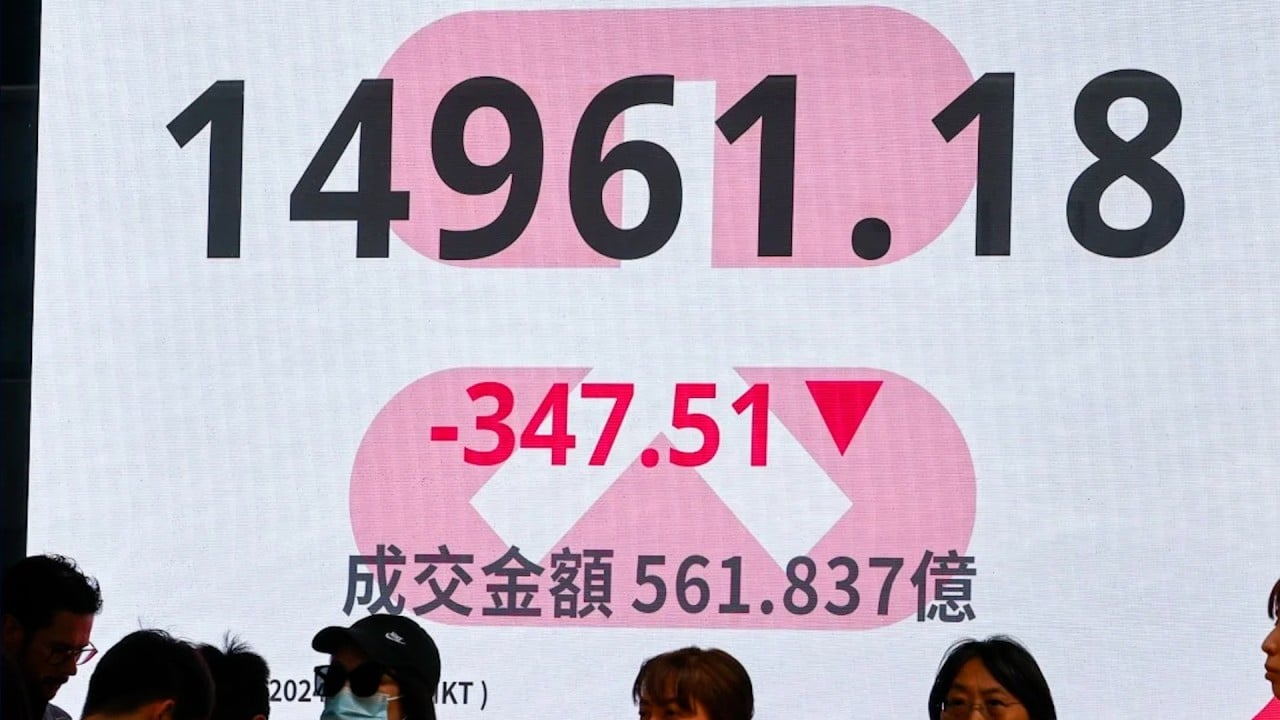China’s new financial regulator has made fresh pledges to increase regulatory transparency, stability and predictability, the latest of several attempts to restore investor confidence following a stock meltdown and high-profile personnel changes.
“[We’ll] strengthen the interconnection of domestic and overseas financial markets and better facilitate cross-border investment and financing,” the commission said in its article, which detailed how to make China a “financial superpower”.
These signals are being sent at a time when foreign investors, including greenfield capital and portfolio holders, are hesitant to decide their next move and worried over the future of China’s policy choices.
The world’s second-biggest economy achieved 5.2 per cent gross domestic product growth in 2023, but market sentiment has remained low thanks to a protracted property industry slump, beleaguered employment figures and ballooning debts held by local governments.
Foreign investors have turned to other markets in the past year amid these factors and heightened geopolitical tensions, pushing the country’s annual net receipt of foreign direct investment (FDI) to a 30-year low in 2023.
‘We play with our money, so are careful’: is China uninvestable or invaluable?
‘We play with our money, so are careful’: is China uninvestable or invaluable?
According to data released by the State Administration of Foreign Exchange on Sunday, direct investment liabilities – a measure of both FDI inflows and outflows – rose by US$33 billion last year over 2022. This was a drop of 82 per cent year on year, and the lowest annual level for the investment metric since 1993.
However, Wang Chunying, a spokesperson for the forex regulator, said the foreign inflow of securities investment in China improved in the fourth quarter of 2023, with net inflow reaching a two-year high.
“This shows more foreign capital comes to China to invest in business and allocate renminbi assets”, she said in a statement, adding that China’s balance of payments will stabilise in 2024 as “both the internal and external environments will generally improve”.
The gauge rose more than 1 per cent on Monday and 0.2 per cent on Tuesday, following a long Lunar New Year holiday that saw stronger-than-expected consumer spending led by tourism and cinema sales.
China’s middle class seek safe haven for wealth amid economic slowdown
China’s middle class seek safe haven for wealth amid economic slowdown
While committing to more openness and transparency, the CFC vowed to make Shanghai more competitive and influential as an international financial centre and consolidate the status of Hong Kong.
It also emphasised the importance of “high-level security”, pledging to keep all financial activities under control.
Officials should “identify, warn against, expose and handle risks as early as possible, and prevent small things from becoming magnified and big things from blowing up”, said the commission in the article.
Beijing sees managing financial risks as critical for China’s future development, as stability is being tested by government debt loads, widespread corruption and financial services that are lagging behind the country’s rapid advances in technology and manufacturing.

